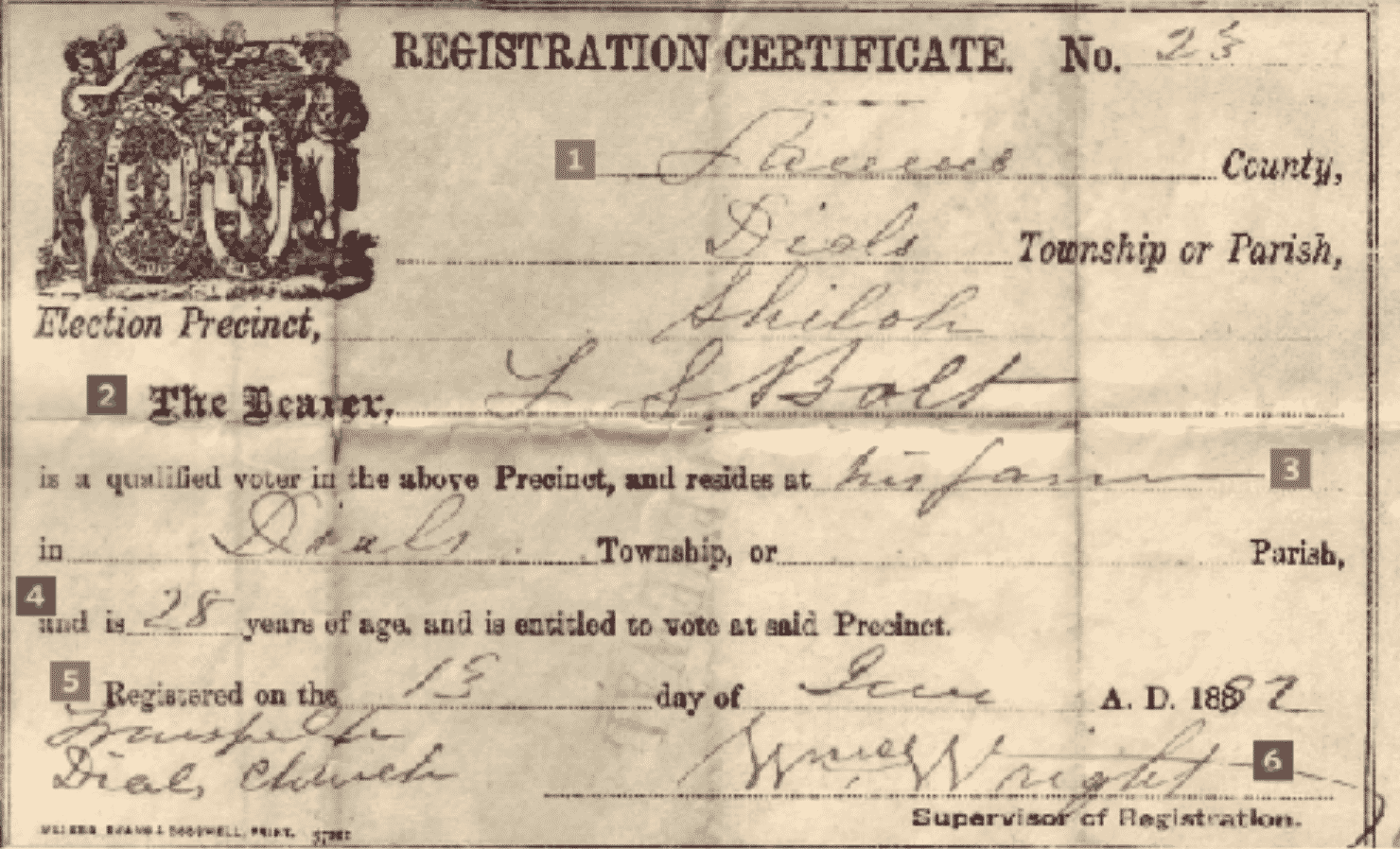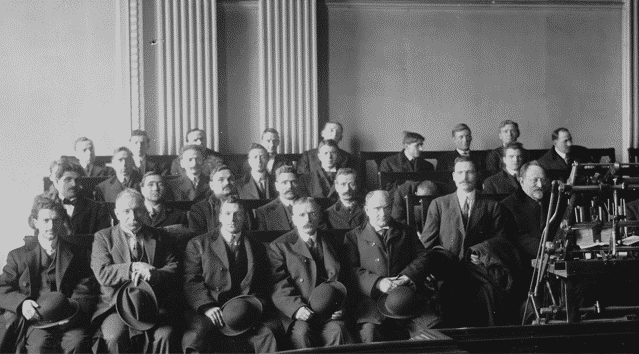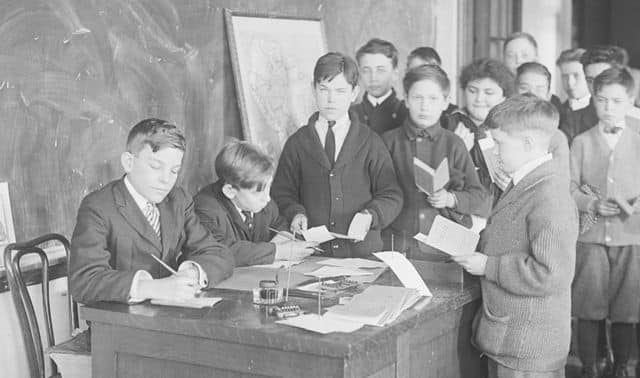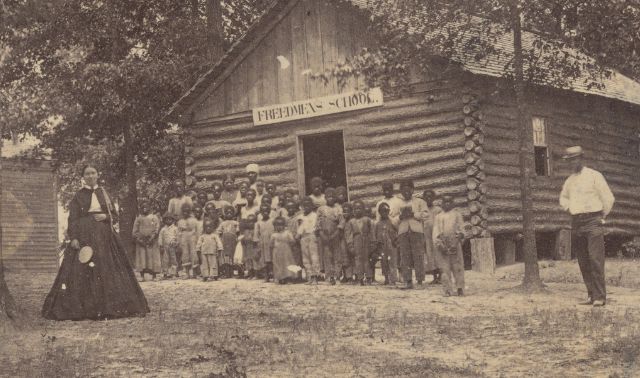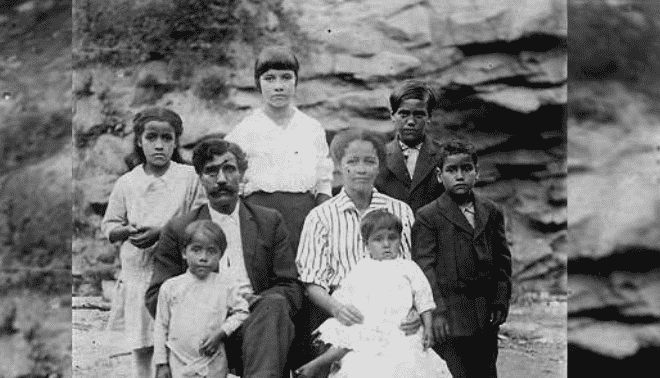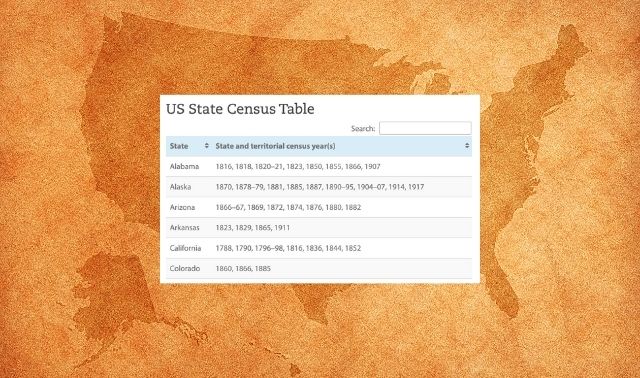Sign up for the Family Tree Newsletter! Plus, you’ll receive our 10 Essential Genealogy Research Forms PDF as a special thank you.
Get Your Free Genealogy Forms
"*" indicates required fields

Voter records (registration lists, registration certificates and voter registration cards) can provide valuable information for your genealogical research. Not only can they help you track your ancestor as they moved, but voter records can also help you verify the residence of a person in lieu of a lost the lost 1890 census.
Here, we’ll go over how to begin your search for your ancestor’s voter records, as well as how to research in various states and counties.
State and local archives and libraries, town halls, and the FamilySearch Library (FSL) may have town or county lists of registered voters or those who paid poll taxes.
ADVERTISEMENT
Search your ancestral state archives website for voting, and try running a keyword search of the FSL online catalog on the town, county or state name and the word voting. Subscription website Ancestry.com has some voting-related records and digitized books, so if you’re a member, run the same search of its online catalog.
Here are some examples of the records you can find for various states and counties:
- Chicago voter records, which can help you substitute for the missing 1890 census, are available for 1888, 1888 to 1890, and 1892, at the FSL, as is a 1937 voter registration list. Lists for 1888, 1890 and 1892 are on Ancestry.com.
- For New York, Ancestry.com also has a list of registered voters in 1880, as well as digitized books of poll lists for 1761 and 1765.
- California‘s “Great Registers” are county voting registers compiled roughly every two years. Early registers included naturalization data and even physical descriptions. The state library has registers from 1866 to 1898 and 1900 to 1944, and registers from 1900 to 1968 are on subscription site Ancestry.com. They’re also on microfilm by county at the FSL.
- Arizona has similar Great Registers, located at the Arizona State Library, on FSL microfilm, and at Ancestry.com as part of the Arizona, U.S., Voter Registrations, 1866-1955, collection.
- Massachusetts towns kept lists of freemen (landowning men of legal age, usually 21 but as young as 16) who were eligible to vote. At FamilySearch, you’ll find a book and at Ancestry.com is the Massachusetts, U.S., Applications of Freemen, 1630-1691, collection. The state library has voting lists along with city and town directories in its special collections.
Last updated: November 2024
ADVERTISEMENT
ADVERTISEMENT

